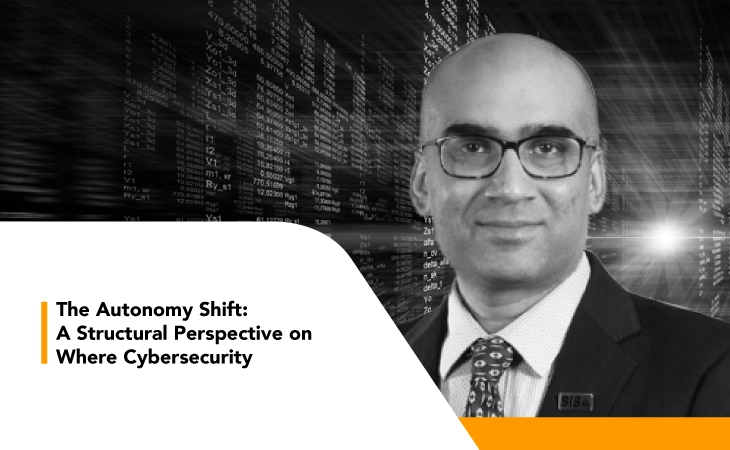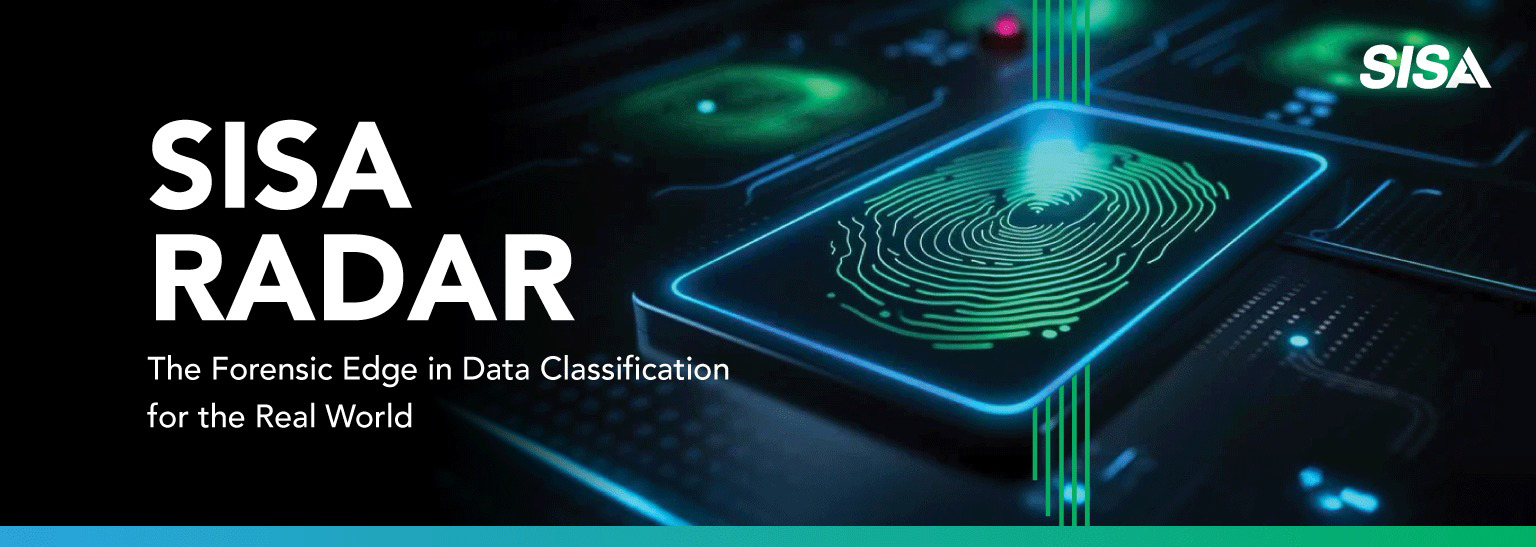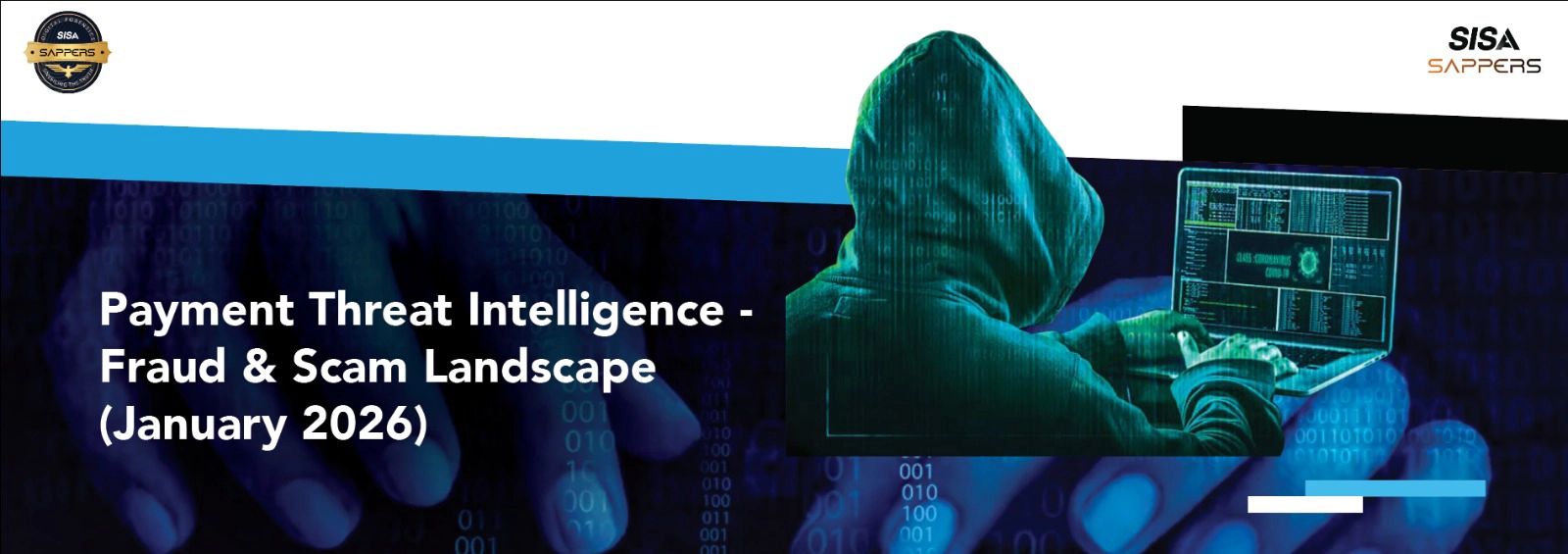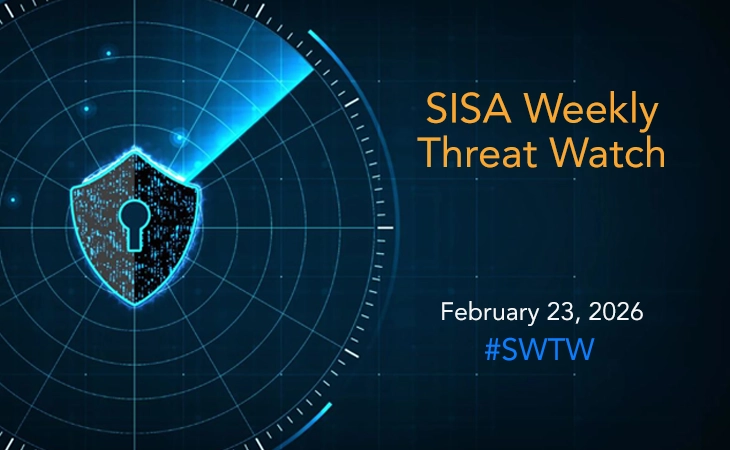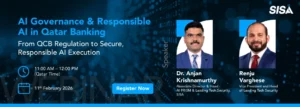
PCI DSS Online Courses In India: Get Certified
India’s digital–payments market continues to surge, driven by e‑commerce, UPI and contactless transactions. With more companies storing and transmitting payment‑card data, the risk of data breaches grows. The Payment Card Industry Data Security Standard (PCI DSS) is the global framework designed to protect cardholder data and reduce fraud. This blog explains PCI DSS, why compliance and certification matter, and compares leading online training options available in India. Each certification course is presented in detail, starting with the popular CPISI program.
About PCI DSS
The PCI Security Standards Council formed by the major card brands created PCI DSS to ensure that merchants, processors and service providers protect cardholder data. Version 4.0 sets 12 core requirements that range from network security and strong authentication to encryption, vulnerability management and security monitoring. Compliance is required for any organisation that stores, processes or transmits cardholder data, and it is based on the volume of transactions a company handles. Level‑one entities must undergo audits by a Qualified Security Assessor (QSA), while smaller organisations complete self‑assessment questionnaires. PCI DSS evolves regularly to address new threats and technologies.
Why PCI DSS compliance matters
PCI DSS is more than a box‑ticking exercise, it helps deter credit‑card fraud and guides merchants on how to prevent and respond to cyberattacks. Data breaches can be expensive, damaging a company’s reputation and bottom line. The TLDR summary of the standard emphasizes measures such as secure networks, strong passwords, encryption of stored and transmitted data, protection against malware, access controls, continuous monitoring, regular testing and staff education. Failure to comply exposes organizations to regulatory penalties, increased transaction fees, loss of card‑processing privileges, legal liabilities and reputational damage. In India’s fast‑growing fintech ecosystem, achieving and maintaining PCI DSS compliance is also a competitive differentiator.
Why PCI certification is important
Complying with PCI DSS requires more than reading the standard; organizations need trained professionals who can interpret and implement the 12 requirements effectively. SISA’s forensics team found that 38 % of organizations breached were considered “compliant” at the time of the incident. A key reason for this gap was poorly trained staff and inadequate technical safeguards. Certification programs equip professionals with in‑depth knowledge of the standard and teach them how to build and maintain secure payment environments. Certified specialists help organizations pass audits, reduce compliance costs and respond quickly to security incidents. For individuals, certification can open career opportunities in cybersecurity, compliance and consulting.
PCI DSS training options in India
Several training programs are available to help professionals master PCI DSS. Below we compare four prominent options, CPISI, PCI Professional (PCIP), Internal Security Assessor (ISA) and TÜV SÜD’s Certified PCI DSS Implementer. For each course we provide a three‑paragraph summary covering the course purpose, content and audience.
CPISI – Certified Payment‑Industry Security Implementer
Provider: SISA (India)
CPISI is an ANAB‑accredited program developed by SISA after the company’s breach‑investigation teams discovered that many “compliant” organizations still suffered card‑data leaks. The course seeks to bridge knowledge gaps by teaching the policies, procedures and controls needed for PCI DSS implementation. Unlike awareness classes, CPISI emphasizes proactive threat management so that participants can prevent breaches rather than react to them.
Training is delivered as a two‑ or three‑day workshop, available online or in person. Throughout the program, instructors explain all 12 PCI DSS requirements using lectures, case studies and discussions. Delegates learn about information‑security fundamentals, governance, payment‑ecosystem flows and network segmentation, followed by deep dives into data‑protection controls, encryption, malware defenses, secure software development and access management. Those who opt for the extended format explore user authentication, physical security, logging, testing and policy management and review breach case studies during a mock exam session.
CPISI is aimed at security professionals, auditors and managers from banks, payment gateways, e‑commerce firms and IT/ITES companies. Participants gain hands‑on insights from SISA’s real‑world breach investigations and are introduced to emerging standards such as PCI PIN Security and PCI 3‑DS. The course’s forensic‑driven perspective and the expertise of SISA’s trainers make CPISI a comprehensive option for those seeking to implement PCI DSS in complex environments.
The CPISI program is offered in three flexible formats to suit different learning needs:
- Public Workshop (2-Day Program): Intensive, instructor-led sessions designed for quick, focused learning.
- CPISI Hybrid (4-Week Program): A self-paced learning journey via LMS, combined with structured guidance for deeper understanding.
- Corporate Workshops: Customized, onsite or virtual training programs for teams, available for groups of 15 participants or more.
PCI Professional (PCIP)™ Qualification
Provider: PCI Security Standards Council (PCI SSC)
The PCI Professional (PCIP)™ qualification is an entry‑level certification that gives students a broad grounding in payment‑card security. It is renewable every three years and remains valid regardless of your employer, making it attractive for individuals building a career in payments security. PCIP holders can demonstrate foundational knowledge of the payment industry and may use the certification as a steppingstone to advanced credentials.
PCIP includes guidance on supporting organizational compliance, recognition via a renewable credential, membership in a community of PCIP professionals and the ability to earn continuing‑education credits. The curriculum covers essentials such as an overview of the payment‑card industry and the role of the PCI SSC, a review of the PCI DSS requirements and assessment processes and reporting fundamentals including Self‑Assessment Questionnaires (SAQs).
PCIP is suitable for security practitioners, compliance officers, auditors, finance professionals, e‑commerce managers and product developers. Merchants and service providers can use the course to understand their compliance obligations, while consultants and integrators may find it a useful entry point before pursuing more specialized qualifications.
Internal Security Assessor (ISA)™ Qualification
Provider: PCI Security Standards Council (PCI SSC)
ISA is a specialist certification for employees who perform internal PCI assessments on behalf of their organizations. Candidates are typically sponsored by their employer and learn to act as the primary liaison with external auditors and Qualified Security Assessors (QSAs). This makes the program particularly useful for large merchants and processors that manage their own annual compliance assessments rather than outsourcing them.
The qualification is delivered in two stages. Students must first complete a five‑hour online prerequisite course on PCI Fundamentals, followed by an in‑depth instructor‑led or eLearning module and final exam. During training, participants explore how PCI DSS protects customer data and how to define card‑processing processes and network segmentation. The curriculum covers industry terminology and transaction flows, variations in card‑brand reporting requirements, detailed explanations of each PCI DSS requirement and testing procedures and topics like infrastructure, reporting, compensating controls and policy creation. Case studies and simulations provide practical experience applying the standard.
ISA training is designed for experienced internal auditors, security managers and risk‑management professionals in retailers, banks, processors and service providers. Graduates serve as in‑house PCI experts who can build internal expertise, manage compliance costs and coordinate effectively with external QSAs.
TÜV SÜD – Certified PCI DSS Implementer
Provider: TÜV SÜD (India)
TÜV SÜD offers a two‑day implementation program designed to teach participants how to understand and apply PCI DSS v4.0 requirements. The course emphasizes the importance of reducing the risk of card breaches and improving security across the payment ecosystem. Learners gain insight into how the payment‑card industry functions and how transaction flows occur, as well as the differences between cardholder data and sensitive authentication data.
Delivered via a virtual classroom, the training explains the roles and responsibilities of merchants, acquirers, processors and other stakeholders. Students learn about the risks associated with cardholder and authentication data and explore best practices for security controls and risk assessment. A dedicated module covers the compliance process itself, including merchant and service‑provider levels and how to prepare for PCI audits.
At the end of the course, delegates take an online exam. Those scoring 70 % or higher earn TÜV SÜD’s Certified PCI DSS Implementer certificate. The program is suitable for managers responsible for PCI compliance, external auditors, security professionals, internal auditors, IT staff, project managers and risk managers.
Tips for choosing the right PCI DSS online course
- Define your objective: Determine whether you need a foundational overview or a hands‑on implementation course. CPISI and TÜV SÜD’s implementer program focus on practical implementation, while PCIP offers a broad introduction and ISA prepares employees to perform internal assessments.
- Check accreditation and recognition: Choose courses from reputable organizations, SISA’s CPISI is ANAB‑accredited, and PCIP/ISA are official PCI SSC certifications.
- Review the syllabus: Ensure the course covers all 12 requirements and includes real‑world examples, case studies or simulations to translate theory into practice.
- Consider format and time commitment: Instructor‑led workshops provide interactive learning and peer discussion. Self‑paced eLearning offers flexibility. Evaluate your schedule and preferred learning style.
- Assess post‑training support: Look for programs that provide exam vouchers, study materials, digital badges and access to alumni networks. Support from experienced trainers can be invaluable when applying the standard on the job.
Conclusion
As India’s cashless economy accelerates, protecting cardholder data is non‑negotiable. PCI DSS provides the blueprint for secure payment systems, and trained professionals are essential for implementing and maintaining compliance. Whether you choose the in‑depth CPISI certification, the foundational PCIP qualification, the internal‑assessment‑oriented ISA program or TÜV SÜD’s implementer course, investing in a PCI DSS online course will enhance your expertise and help safeguard your organization’s payment environment. With the right training, you can turn compliance into a competitive advantage and contribute to a safer digital‑payments landscape.
Latest
Blogs
Whitepapers
Monthly Threat Brief
Customer Success Stories
 USA
USA India
India APAC
APAC Middle East
Middle East Global
Global






 Facebook
Facebook Linkedin
Linkedin  X
X Youtube
Youtube

